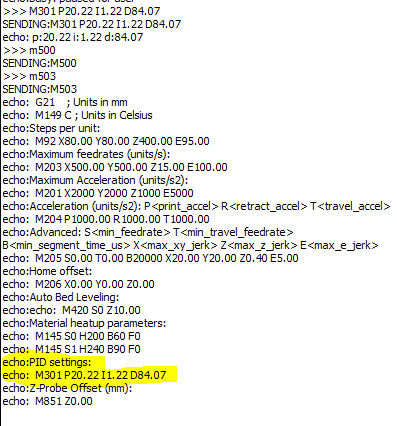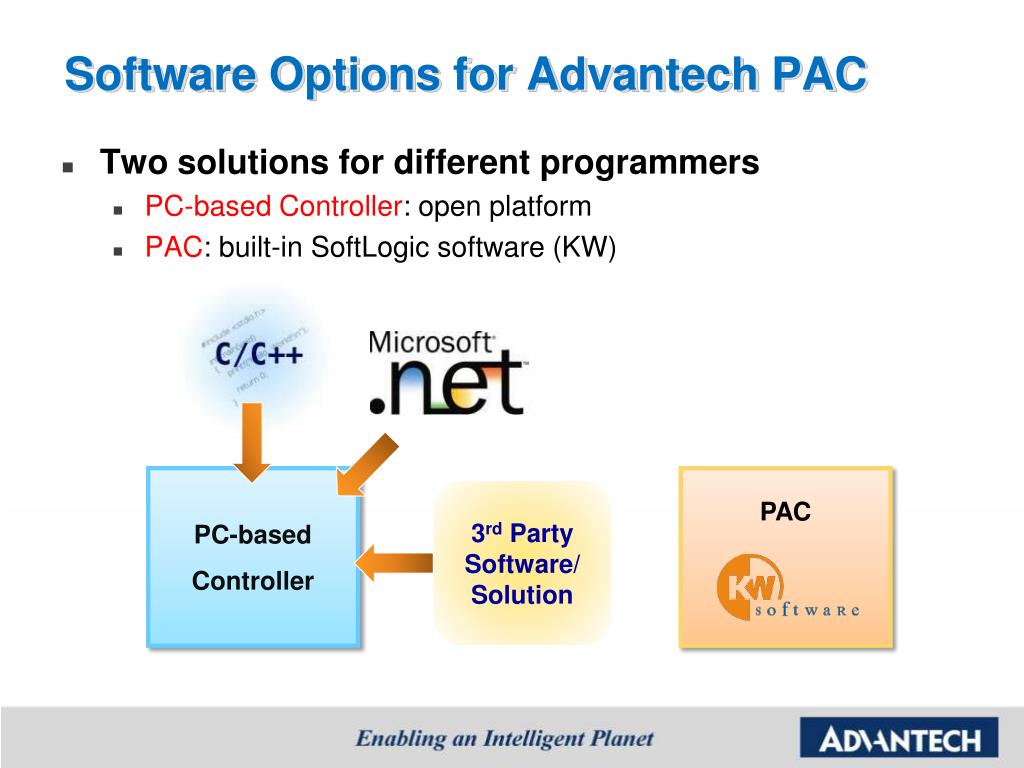Auto Tuning Pid Temperature Controllertreerealestate
- Pid Controller Tuning Methods
- Pid Controller Tuning Guide
- Auto Tune Pid Temperature Controller
- Tuning A Pid Controller
Tuning: Auto tuning, PID, ON/OFF Output: PID Output of 4 to 20mA Differential: 1 to 100°C (Adjustable) Proportional Band: 0 to 100% (Adjustable) Time delay: 1 to 255 sec. (Adjustable) Cycle Time: 1 to 50 sec. (Adjustable) Display: 7- Segment Red display.


Pid Controller Tuning Methods
Input sensors
An automatic controller requires some means of measuring the process value.
Pid Controller Tuning Guide

- M303 - PID autotune thermal Auto-tune the PID system to find stable values. Target temperature. U Use PID result. (Otherwise just print it out.).
- Run the program, wait until the temperature is stable, make a change in the heater power. Too small a step will result in poor tuning, but make sure you don't provide so much power that the heater exceeds its limits. Then, wait until the heater reaches a steady temperature again (this may take a long time).
- Principles of PID Control and Tuning Control of temperature, humidity, pressure, flow rate, level or Ph process variables Eurotherm controllers will automatically control process variables such as temperature, humidity, pressure, flow rate, level or Ph – in fact, almost any physical variable that can be represented as an analogue signal.

Auto Tune Pid Temperature Controller
Eurotherm controllers will accept an input from almost any type of sensor. Linearisation of the measured value, if necessary, will be performed within the controller.
Tuning A Pid Controller

In temperature applications, either a thermocouple or resistance thermometer is typically used. The type will depend on the temperature range and the environment in which it has to operate.
In applications where it is difficult to attach a fixed temperature sensor, non-contact temperature measurement can be made using infra-red or optical pyrometers. Eurotherm controllers support inputs from a wide range of pyrometers.
Eurotherm controllers will accept direct inputs from strain gauges and pressure, flow, or Ph transducers.
In large process control applications, signal conditioners are normally used to convert the sensor measurement into a 4 to 20mA or 0 to 10Vdc signal for transmission to the controller. In Eurotherm controllers it is a simple matter to scale these inputs to the desired display range.
